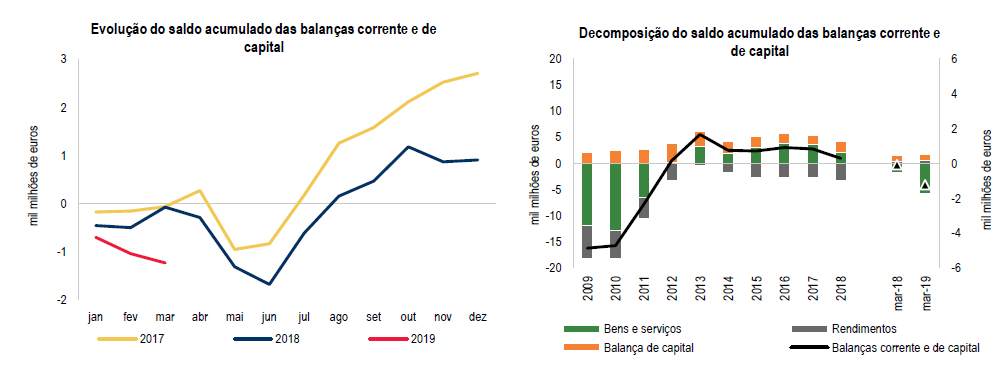"Estou um pouco confuso sobre se as inspecções de recepção das mercadorias dos clientes devem ou não ser incluídas no procedimento de recepção. Somos um armazém que recebe e armazena as mercadorias dos clientes. Como os produtos não são de fornecedores, mas de clientes, as verificações a serem realizadas precisam estar no procedimento de recepção?"A pergunta é interessante porque permite exemplificar como sempre vi a aplicação aos processos da abordagem baseada no risco.
Vamos imaginar que o autor da pergunta observou as actividades em torno da recepção de mercadorias do cliente para serem armazenadas no seu armazém. Vamos supor tenha anotado as seguintes atividades:
- Receber camião;
- Verifique papéis;
- Determinar o local de armazenamento;
- Descarregar camião;
- Armazenar mercadorias;
- Atualizar inventário.
Agora, aplicando a abordagem baseada no risco e pensando com as pessoas que trabalham no processo: o que é que pode correr mal no processo?
E listam-se coisas como:
- Recepção de mercadorias endereçadas a outros;
- Recepção de mercadorias (quantidades e / ou referências) diferentes do que está no manifesto de carga;
- Recepção de mercadorias com embalagem danificada ou violada;
- …
Agora, há que aplicar uma avaliação a estes riscos, para os classificar como críticos ou não críticos.
Se a organização considera alguns dos riscos determinados como críticos, então é preciso desenvolver planos de ação para lidar com esses riscos críticos. Um dos planos de ação pode ser verificar quantidades e referências durante a descarga e registar o resultado. Outro plano de ação poderá ser a criação de um conjunto de imagens que serão usadas para classificar um dano ou violação de embalagem como relevante. Nesse caso, os eventos são registados, fotografados e comunicados imediatamente ao cliente.
A organização não usará os produtos, mas será responsável pelas quantidades e estado enquanto estiver à sua guarda.
Se os riscos são críticos, então as acções realizadas diariamente para os controlar ou minimizar devem fazer parte do procedimento.













